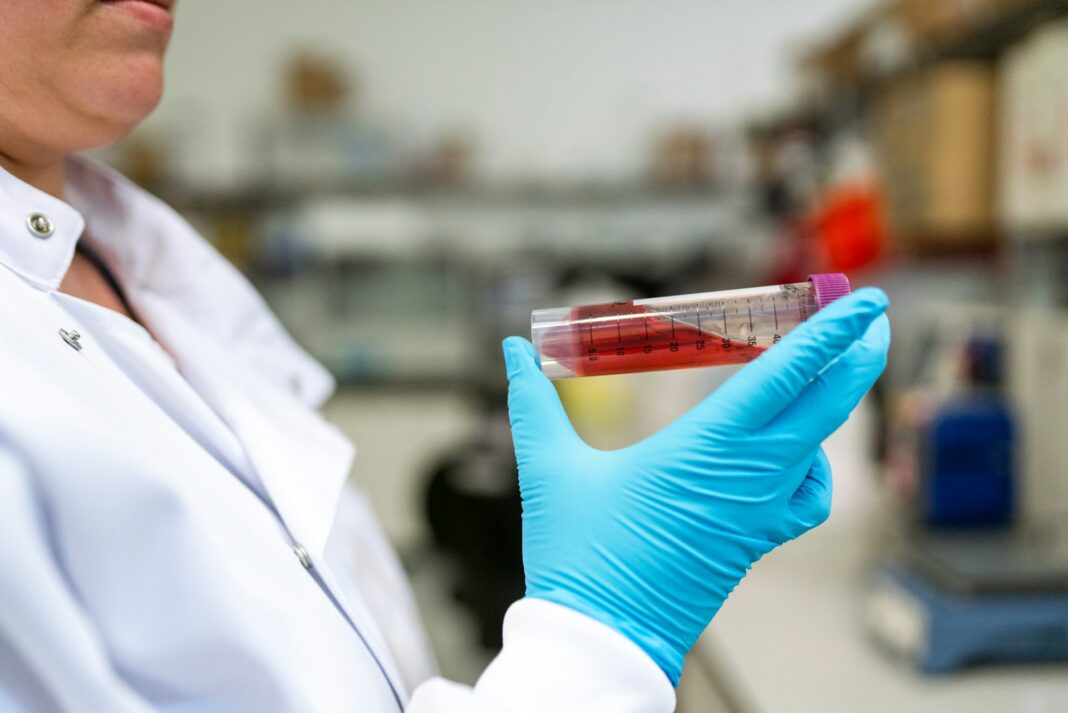UNITED STATES—At the forefront of driving innovation in biomedicine is groundbreaking research that explores new frontiers of knowledge. Organizations like Wheeler Bio play a pivotal role in this endeavor, offering valuable insights and contributing to the advancement of biomedical science.
Exploring Novel Therapeutic Modalities
Innovations in biotechnology have led to the development of novel therapeutic modalities that hold promise in revolutionizing healthcare. From advanced gene therapies to cutting-edge biologics, these transformative approaches are reshaping the treatment landscape and offering new hope to patients worldwide.
Harnessing The Power Of Genomic Insights
One area of significant growth within biotech is the harnessing of genomic insights to drive precision medicine. By leveraging genomic data, researchers can develop personalized treatment strategies tailored to individual patients, ultimately improving therapeutic outcomes and patient care.
Forging Collaborative Partnerships
Collaboration is essential in driving innovation and accelerating progress in biomedicine. Through strategic partnerships with academic institutions, biopharmaceutical companies, and clinical research organizations, the industry can leverage collective expertise and resources to tackle complex challenges and advance scientific knowledge.
Embracing Innovation And Entrepreneurship
Innovation and entrepreneurship are key drivers of progress in biomedicine. By fostering a culture of creativity and forward-thinking, organizations can push the boundaries of scientific inquiry and translate groundbreaking discoveries into real-world solutions that benefit society as a whole.
Advances in Gene Editing Technologies
Recent years have witnessed remarkable progress in gene editing technologies, opening up new possibilities for treating genetic disorders and advancing basic research. Techniques such as CRISPR-Cas9 have revolutionized the field by enabling precise modifications to the genome, offering unprecedented control over gene function and regulation.
Applications of Artificial Intelligence in Biomedicine
Artificial intelligence (AI) is increasingly being integrated into various aspects of biomedicine, from drug discovery to personalized medicine. Machine learning algorithms analyze vast datasets to identify patterns and correlations, aiding in the prediction of disease risk, diagnosis, and treatment optimization. AI-powered tools hold the potential to revolutionize clinical practice and improve patient outcomes.
Emerging Trends in Regenerative Medicine
Regenerative medicine, encompassing stem cell therapy, tissue engineering, and biomaterials, is a rapidly evolving field with the potential to regenerate damaged tissues and organs. Researchers are exploring innovative approaches to harness the body’s natural regenerative capabilities, offering new avenues for treating degenerative diseases and injuries.
In addition to stem cell therapy and tissue engineering, researchers are also investigating the use of gene editing techniques to enhance the regenerative potential of cells. These advancements hold promise for addressing a wide range of medical conditions, from spinal cord injuries to heart disease.
The Role of Big Data in Healthcare
The proliferation of electronic health records and wearable devices has generated unprecedented amounts of health-related data, known as big data. Analyzing this wealth of information can provide valuable insights into disease trends, treatment outcomes, and population health, enabling more informed decision-making and personalized healthcare interventions.
Challenges and Opportunities in Drug Development
Despite significant advancements, drug development remains a complex and challenging process, characterized by high costs and long timelines. However, emerging technologies such as high-throughput screening, virtual drug screening, and organ-on-a-chip models are revolutionizing the drug discovery process, offering new opportunities for accelerating drug development and improving therapeutic outcomes.
The Future of Biomedical Research
Looking ahead, the future of biomedical research holds immense promise, driven by continued innovation, collaboration, and technological advancements. By harnessing the collective expertise of scientists, clinicians, and industry leaders, we can address some of the most pressing challenges in healthcare and pave the way for a healthier and more prosperous future.
For more information on the latest developments in biomedicine, stay informed with reputable sources such as Nature and Science Daily.






